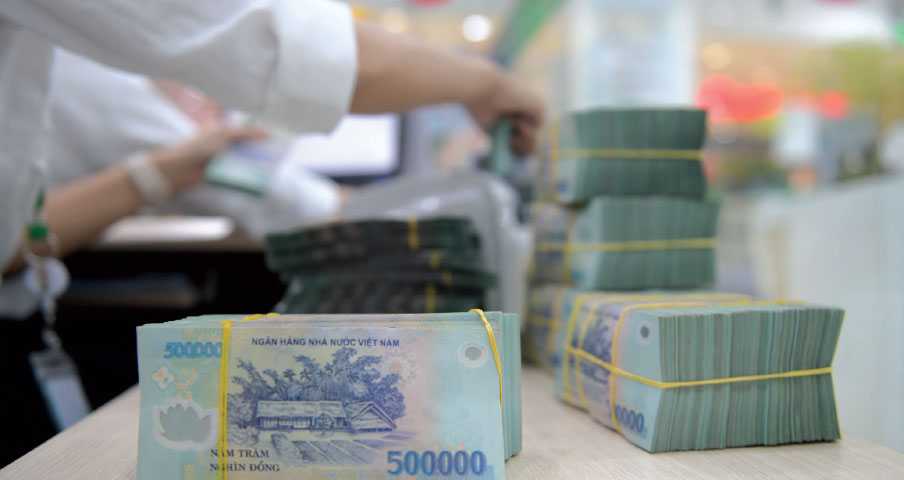HCMC – Small and medium-sized enterprises (SMEs) in HCMC continue having difficulty securing bank loans, despite the availability of various preferential loan packages, according to the HCMC Business Association (HUBA).
A survey conducted in late February by HUBA showed that 37% of businesses in the city are struggling with capital shortages. Among those surveyed, 59% called for improved access to credit and lower interest rates, reported the Vietnam News Agency.
Many SMEs lack the funds to repay existing debts or finance ongoing operations. The survey also highlighted that family-run businesses often turn to consumer loans secured by personal assets, diverting these funds into business operations, which has further exacerbated their capital constraints.
Government and State Bank of Vietnam (SBV) policies aimed at supporting businesses have had limited impact, as strict eligibility criteria, cumbersome procedures, legal barriers, and concerns over inspections have restricted access to credit for many firms.
Recently, the SBV’s Regional Branch 2, formerly the HCMC branch, collaborated with commercial banks to introduce a VND507-trillion credit support package. However, access to these funds has been primarily limited to companies with strong credit ratings and sufficient collateral, such as assets or goods.
HUBA noted that while Vietnam’s economy remains stable, with exchange rate fluctuations kept under 2% annually, the net interest margin (NIM)—the difference between lending and deposit rates—remains high. The minimum NIM is around 3%, with some banks reaching 4-4.5%, compared to foreign currency loan rates of 1.5-2.5% overseas. Businesses have urged banks to lower the NIM to 2.5% to make credit more accessible.
Beyond traditional bank loans, HUBA proposed that the Government develop alternative funding channels, such as real estate investment funds, housing savings schemes, and real estate-backed securities. Additionally, it recommended policies to encourage both direct and indirect foreign investment, as well as measures to facilitate corporate bond issuance, allowing businesses to access capital without relying solely on bank credit.









